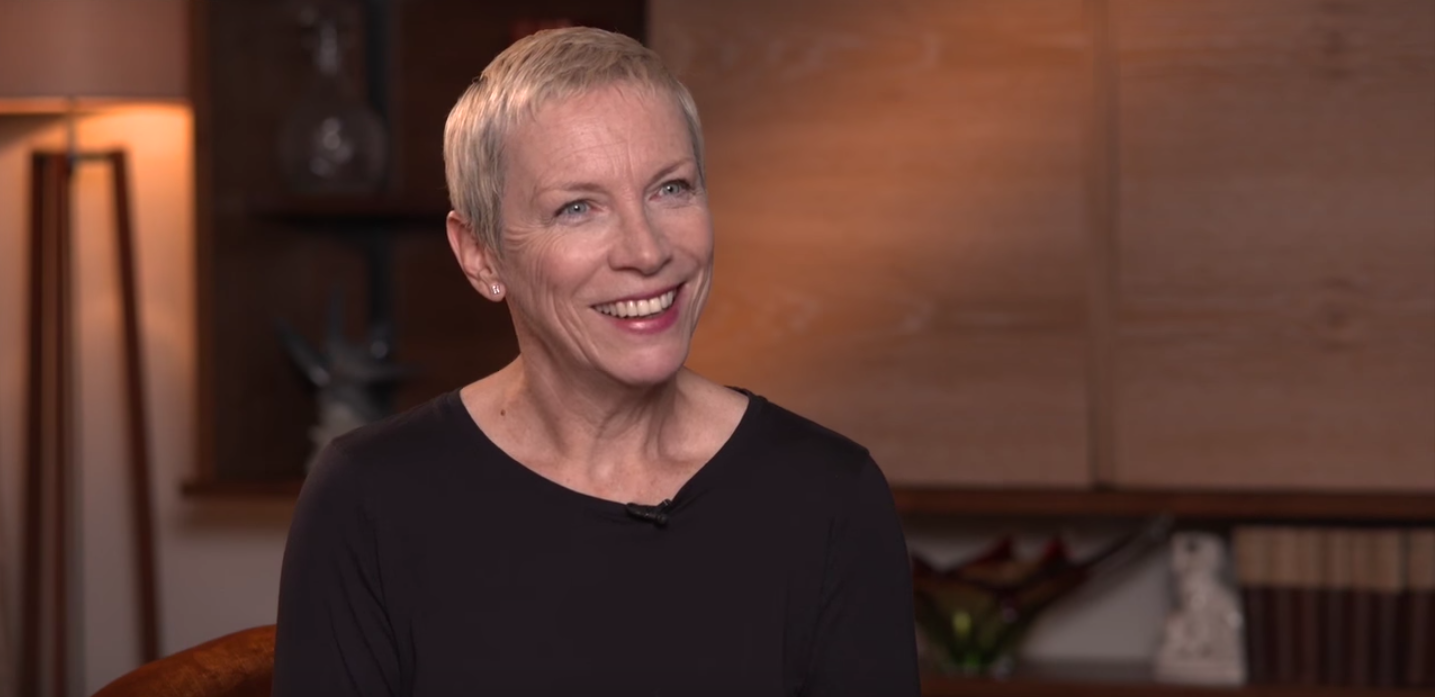In partnership with Google, we’re going behind the scenes with Lovie Winners to learn all about the hard work, dedication and passion that went into making their projects, and to ask what it means to each of them to be part of the European Internet as a whole.
We’re bringing you all these stories in The Lovie Letters showcase, featuring exclusive interviews with Annie Lennox (our 2016 Lovie Person of the Year), N=5 on their winning work #Pridestream, Rose Ellen Dix and Rosie Spaughton, Cheil London on their interactive app RE:Shakespeare, the creators of Fairphone and more.
What led you to create your own organisation, The Circle? What is the mission of The Circle?
I am passionate about the extreme and unjust disparity that exists regarding girls and women around the globe, in terms of lack of access to resources. Many of us are fortunate, and sometimes are complacent, regarding our ability to realise our rights, whether in terms of education, sexual and reproductive health care and rights, human rights, legal rights etc. The list is endless, and the gap is enormous. Millions of my gender haven’t even reached the first rung of the ladder in terms of what we consider to be the most basic things.
The Circle came about because I wanted to start a dialogue and have association with other women to become more engaged with these issues, and bring about change to bridge that gap.
The mission of The Circle is to inspire women and create an environment where they can come together to share experiences, harness their skills, draw on their resources and bring about lasting change. Ultimately, [the mission is] to support some of the most disempowered women and girls in the world, as they challenge and change the injustice of inequality.
Why is gender empowerment important to you? How has the Internet helped to educate the world about gender equality and gender issues?
I have inherited the benefits that have improved my life from the sacrifices [made by] the women of the Suffragette movement, from my great-grandmother’s generation. I can’t take this for granted, especially as I have personally witnessed just how much work there is [still] to be done to change the outmoded attitudes and barbaric practices which systematically blight the lives of millions of women and girls globally.
The Internet is unquestionably one of the most powerful vehicles of communication the world has ever seen. We can access countless organisations from every corner of the globe represented on the Internet.
We can source information with our fingertips. Information is educational and EDUCATION brings POWER, which in turn brings CHANGE.
When did you first know this project was going to be something special?
Our target audience were LGBTs all over the world. Not an easy group to reach, since it often can be dangerous for these individuals and communities to openly express themselves. A lot of these groups operate underground. Experiencing how remarkably well organized they embraced and shared the Pridestream initiative gave us good hope for the live event.
What was the most rewarding part of this project?
Huge LED screens on the boat showed the LGBTs from all over the world. It gave the boat a face and made the hundreds of thousands of spectators on the side of the canals cheer extra loud for the 68,000 virtual passengers who were logged in on Pridestream. Making them feel accepted for who they truly are.
How do you balance the Fairphone commitment to sustainability with consumer demand of smartphone hardware?
They go hand in hand. The stronger our commitment to sustainability, the higher the demand. Higher demand provides us the needed leverage in the industry to get better hardware. Growing demand provides us with the necessary means to drive lasting change.
What have you learned in creating, and selling, a physical product from the ground up, and building a company around this?
One of the most important things we’ve learned is that a good idea will sell itself… as long as you’re surrounded by a group of people who believe in it and will nurture it. Fairphone is all about creating a systemic change, but to make a big shift, you have to start small. Share your story, find your people, include them in your journey, and take it one step at a time. As you grow, you’ll face lots of obstacles. You’ll see some of them coming, but most will take you by surprise. No matter what, you’ll need to be brave, keep your eye on the ball and don’t be afraid to admit when you need help. And when the going gets tough, take a walk with your team, eat more chocolate and remind yourself how far you’ve already come.
What aspects of your project speak to your country specifically? What about the world?
The UK National Curriculum makes it mandatory to study Shakespeare from age 11. Yet young people who haven’t encountered his work prior to this point can find his language and themes confusing and difficult—especially if they are simply reading his words from a book. The project helped this at-risk group encounter Shakespeare in the digital channels they live and breathe. But Shakespeare has a global appeal, thanks in part to the dedicated outreach work of the RSC. The importance of the project at this level was underlined by the inclusion of the RE:Shakespeare app in The Economist’s influential “What the World Will Be Talking About in 2016” digital thought-piece.
What was the biggest lesson you learned?
At heart, everyone loves Shakespeare. The trick is to find the right way to help them discover that fact. We set out to create the most compelling technological journey, pushing and re-purposing built-in Android features to their limits. But in the end it was the human touch, the interaction between the user and the playwright in performance, that brought that technology to life.
What was the most difficult decision you had to make on the project?
What parts of Shakespeare’s work to include in the app—and what to leave out. We wanted to squeeze as much content in as possible while still focusing on the core play—Much Ado About Nothing. After a lot of editing and advice from the Education experts at the RSC, we managed to include elements of 19 other plays.
The Lovie Letters collection of exclusive winner stories puts you inside the minds of the people responsible for Europe’s most innovative online projects shaping the Internet as we know it today.
See the entire collection today at www.lovieletters.eu



